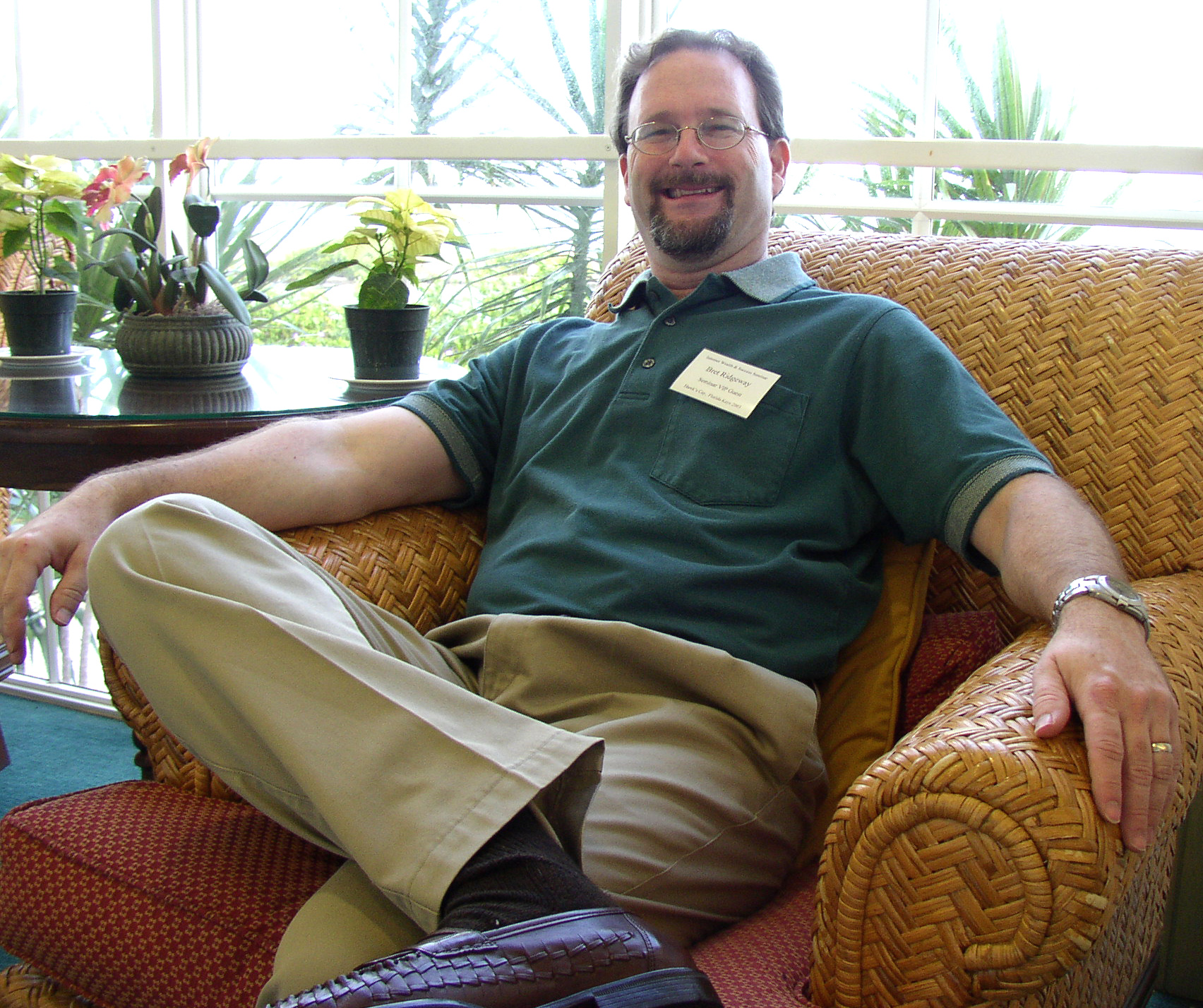Embodied cognition: muscle & willpower
Last updated on 17th March 2012
This blog post is downloadable both as a Word doc and as a PDF file.
Introduction:
Lying very comfortably in my warm bed early this morning, I knew I wanted to get up but it was hard to do. I waited a little, then tightened my right hand into a blade shape, "cutting through", and got up simply and easily. Fascinatingly tightening almost any muscle group would probably have helped in "boosting my willpower" to get over the obstacle of inertia and short term comfort in order to achieve a longer term gain. Hung & Labroo have recently published on the results of a series of very interesting experiments exploring this muscle tension/willpower boosting effect:


